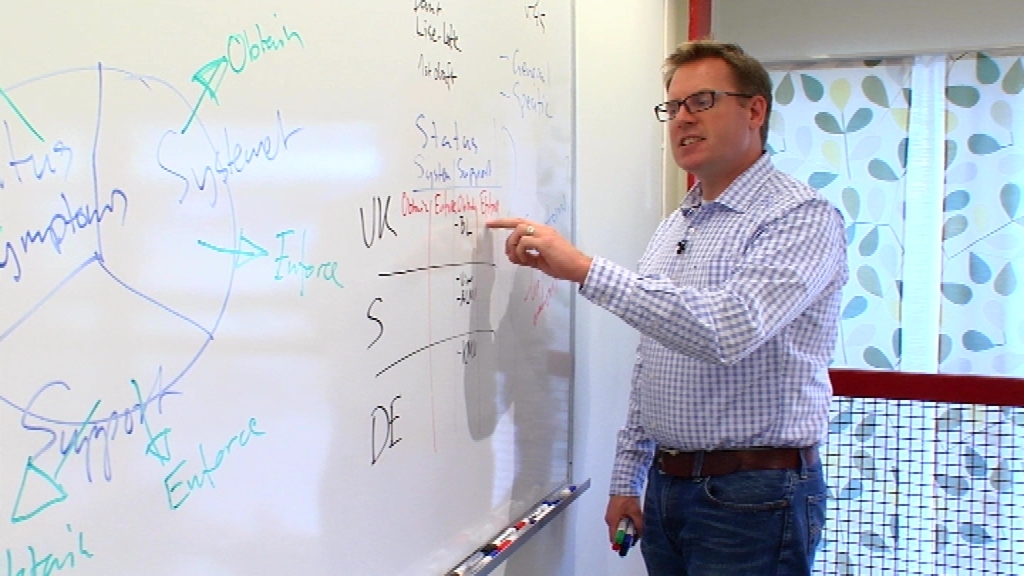Skyddad eller oskyddad? Svenska snilleföretags patentstrategier runt sekelskiftet 1900 / Protected or Not Protected? Swedish Multinationals and their Patent Strategies at the Turn of the 20th Century
Supported by: Jan Wallanders och Tom Hedelius Stiftelse Tore Browaldhs Stiftelse (P2010-0183:1)
From: 2011-08-01 To: 2015-12-31
More InformationAbstract
The purpose of this research program is to identify and analyze the patent strategies of some highly innovative Swedish multinational companies around the turn of the 20th century. Based on the theories of open and distributed innovation processes as well as licensing and patent strategies the study aims to analyze the patent strategies of highly innovative companies such as Asea, Atlas Copco, Aga, Ericsson and Separator in their formative stages. In a global knowledge economy there are high demands on a company's strategies in terms of knowledge production and protection of new technological achievements. A review of archival material from the above-mentioned companies has shown that there is unique source material for an analysis of the decisions made with respect to patent strategies in the beginning of the international expansion of knowledge, which is usually termed the second industrial revolution. The implementation of the study consists of a qualitative part, which among other things consists of an analysis of the founders' correspondence, a unique source material and difficult to replicate in modern organizations. Earlier business history research has also not made use of a patent strategy perspective. The studies realized in the program may also consist of quantitative analysis of patent data. Two professors and two doctoral students participate in the program for four years.


